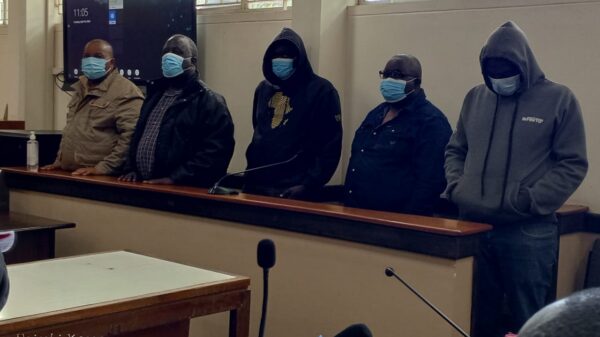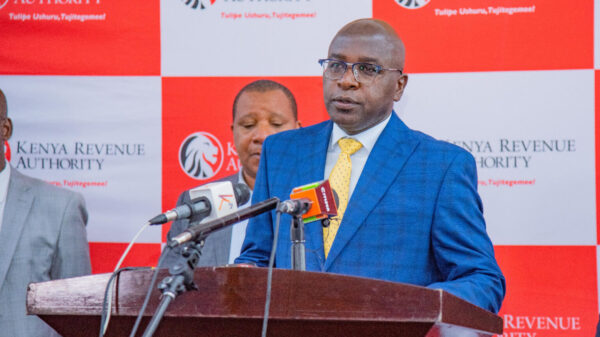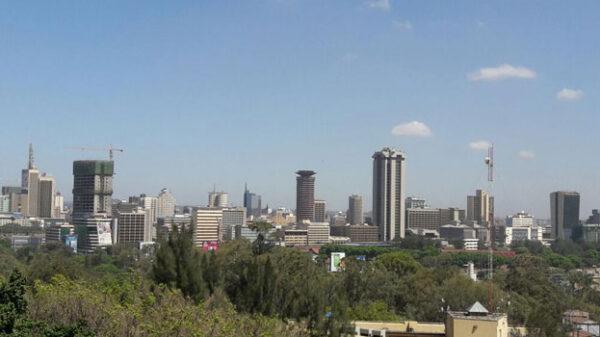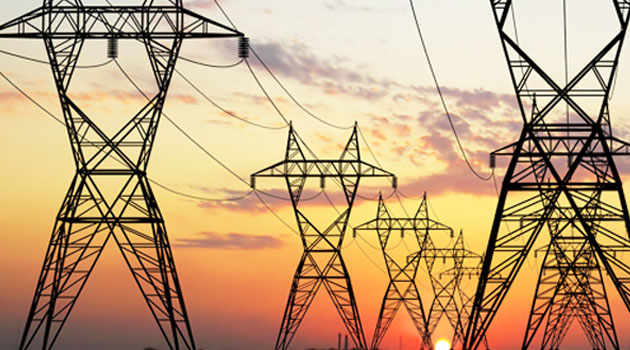TOKYO, Aug 17 – Japan on Monday became the latest major economy to escape from recession, lifting hopes that a fledgling global recovery is taking hold thanks to massive pump-priming efforts.
The world\’s second-largest economy rebounded for the first time in five quarters, following Germany and France in returning to positive growth after the most brutal economic downturn in decades.
The news was particularly welcome for Prime Minister Taro Aso, whose long-ruling party risks being swept from power in an election later this month as voters turn to an opposition pledging a stronger social safety net.
Japan\’s economy grew 0.9 percent in April-June, after shrinking a revised 3.1 percent the previous quarter and by 3.5 percent in October-December 2008, the government said.
On an annualised basis, the economy grew 3.7 percent in the second quarter, outperforming the United States, the eurozone and Britain.
"Japan fared much better than the other major developed economies in the second quarter of 2009," said Macquarie Securities economist Richard Jerram.
But this was largely because exports had fallen so heavily in the previous two quarters, he added.
Japan\’s exports rebounded 6.3 percent in April-June — the first increase in five quarters.
Japan plunged into recession in the second quarter of 2008 as a severe global downturn crushed demand for its cars, electronics and other goods.
The economy is expected to keep growing through the rest of 2009, said Barclays Capital economist Kyohei Morita.
"However, this is still a recovery underpinned by government policy measures and far from a self-sustaining turnaround," he warned.
Japan exited recession before the United States, which shrank 1.0 percent in the second quarter, although that was also much better than a 6.4 percent drop in January-March.
Asia\’s biggest economy is benefiting from a recovery in its biggest trading partner, China, which enjoyed a stunning turnaround in the second quarter, helped by huge government stimulus spending.
Tokyo has also launched a series of stimulus spending packages — including cash handouts — to cushion the blow of rising unemployment, which hit 5.4 percent in June, approaching its post-World War II high of 5.5 percent.
Aso hailed the data as proof that his efforts to revive the economy are working.
"Since I became prime minister, I have done my best on economic measures," he told a televised debate with rival party leaders. "As a result, we have seen some signs of a brighter future for the economy."
But the announcement that Japan is technically out of recession offered little solace to its growing ranks of unemployed.
"I\’m having a really hard time. I\’ve been looking for a job for four months," said 60-year-old Kiyoshi Ohno, who was searching for work at an employment centre in Tokyo.
"It\’s impossible to expect an economic recovery within about two years," he added.
Japan\’s economy also saw plenty of false starts during its 1990s "lost decade" and the fear is that the current green shoots of recovery might also soon wilt.
Economic growth is likely to lose momentum in the third quarter as exports have started to slow and rising unemployment is weighing on consumer spending, said RBS Securities economist Junko Nishioka.
"In addition, the effect of the economic stimulus packages is likely to gradually diminish," Nishioka said.
There are concerns that rising unemployment and renewed deflation may hinder a recovery.
"Our hope is that we will enter a self-sustaining recovery," said Economic and Fiscal Policy Minister Yoshimasa Hayashi.
But he added: "We must keep our eyes on risks such as the worsening employment situation, the effect of the global financial crisis and worries over the global recession."
Investors gave a cautious response to the growth figures, with the Nikkei-225 stock index falling 3.1 percent by the close.


































